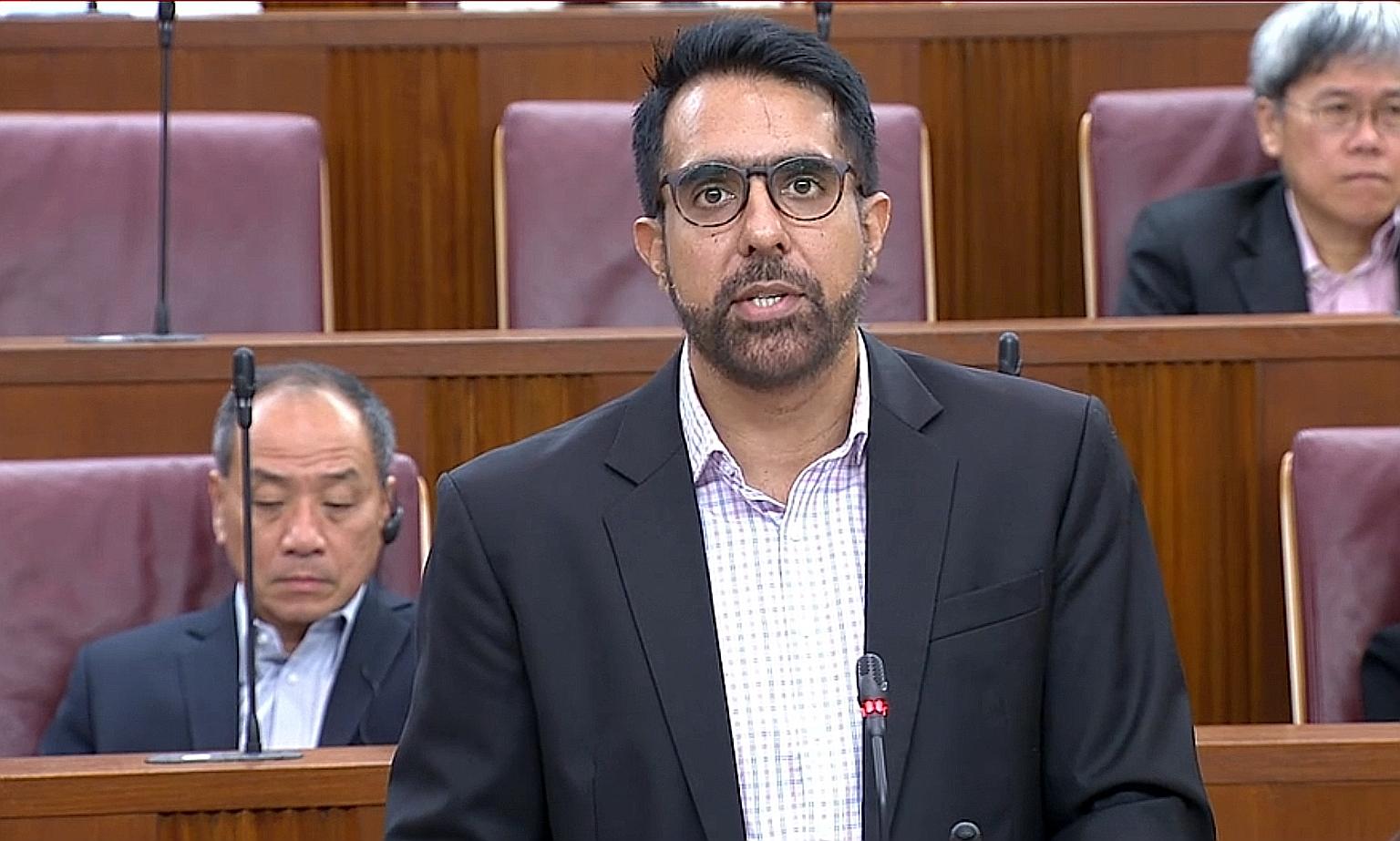Parliament: Workers' Party flags concerns in separation of religion from politics
If not managed properly, religious leaders may divide society along political lines: MPs
Sign up now: Get ST's newsletters delivered to your inbox

Workers' Party Secretary-General Pritam Singh.
The question of what it means to separate religion from politics was a central point in speeches made by Workers' Party MPs yesterday, during the debate on changes to the Maintenance of Religious Harmony Act.
If not managed properly, the result could be a polarisation of society along political lines - brought about not by foreign actors but by Singapore's own religious leaders, said Ms Sylvia Lim (Aljunied GRC).
She noted that in the run-up to the debate on the Bill, religious leaders openly expressed their support for the proposed changes.
"Religious authority is being thrown behind the Government's legislation, both publicly and also to specific congregations.
"Is that mixing religious authority with politics?" she asked.
"If the religious leaders had instead gone the other way, that is to express concern or opposition to the Bill, would the Government have put its foot down and issued an order requiring them to stop?"
She also asked if it would be appropriate for a religious leader to encourage congregants to "vote for stability" during a general election, or be seen in a political party's uniform on Nomination Day.
This point was also brought up by Workers' Party secretary-general Pritam Singh, who noted that a religious leader was seen with Prime Minister Lee Hsien Loong during the last general election.
This person was a senior party member, a highly visible leader of the Inter-Religious Organisation (IRO), and had links to the People's Association, he said. Mr Singh did not name the individual, but he is believed to be Mr Tan Thiam Lye, a vice-president on the IRO council and from the Taoist Federation.
"While it is unclear if the individual concerned was the Prime Minister's election agent, it is nonetheless useful for the House to pause and consider the optics of a respected member of a religious group appearing to canvass support for a politician," he said.
"How would some members of the same religious group with a different political view from that espoused by their religious leader or elder feel if they openly support another political party? Could it create or ferment tension within that religious group?" he asked.
He added that selecting well-known religious or community figures in capacities like election agents - even though this is a secular appointment - "muddies the already difficult distinction between religion and politics".
Mr Faisal Manap (Aljunied GRC) raised the question of what "moderation and tolerance" mean in the context of religion, asking if they mean compromising on religious values.
"Do the followers of a particular religion have to do something prohibited or that contravenes the values and teachings of the religion so that he can be considered someone who practises moderation and tolerance?" he asked. "Personally, I believe that tolerance as a pillar of religious harmony in a plural society like Singapore is achievable without having to sacrifice the values and faith of any follower."


